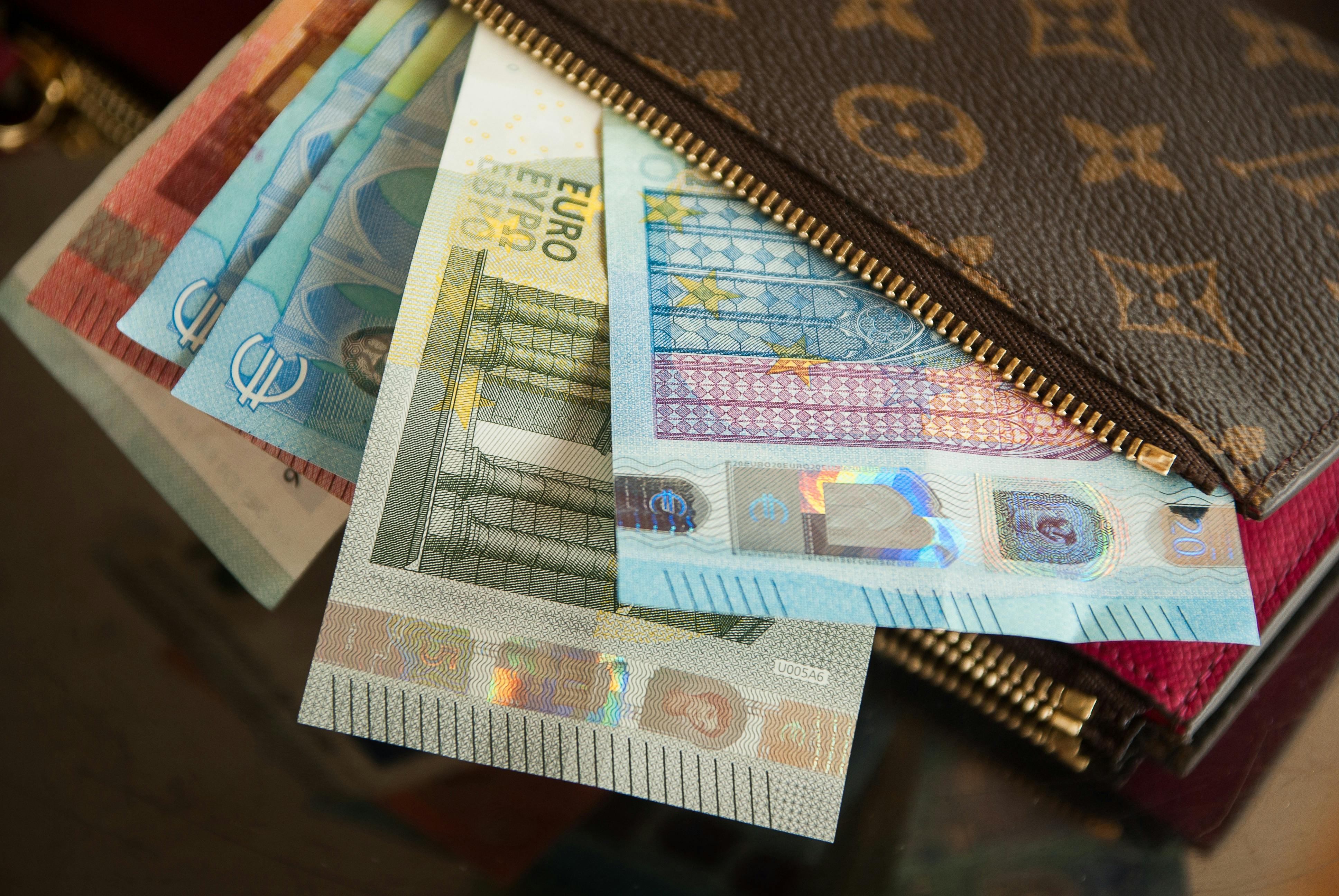Reasons Why Countries Devalue Their Currency

Currency devaluation, in its simplest terms, is a situation where a country allows the value of its own currency to drop in relation to other currencies. Many countries across the world have done so at one time or another in order to achieve certain economic objectives. With the two of the world’s strongest economies, China and US, about to be locked in a currency war, there are talks about the former using currency devaluation to counter the latter. However, considering the risks that are involved in adopting such policy, China might not really find devaluing its currency a suitable option at this time since it has been pushing to make Yuan a global currency.
Unlike in the past where countries used the gold standard to determine their currency value, the exchange rates today are allowed to compete freely in the market against each other. And that has led to many countries devaluing their currency at will; which often affects their trading power and economy at large. So why exactly to countries engage in currency devaluation?
Well, most of the countries do it to achieve the following:
1. Boost Exports
Each country always has one or two types of goods it can produce more efficiently compared to other countries. That means different goods from different countries are always competing on a global market with one another. Take American vs European car makers, for instance. If the euro decreases in value against the dollar, European manufacturers will sell their cars in America, in relatively less expensive prices (in dollars) than before. The reverse is also true, as a stronger currency will make foreign countries to purchase your goods at more expensive prices.
Since exporters will be able to make more money (in their own currency) from the goods they sell to foreign countries, they will be encouraged to export more and import less. This will obviously increase the exporters’ competitiveness in the global market. However, this strategy might not be sustainable in the long term because as demand for a country’s exported good increase globally, a price surge will set in and that will neutralize the initial devaluation effect. Also, should other countries decide to devalue their currencies to achieve the same, it will cause currency war between countries, which will in turn lead to uncontrolled inflation. So countries need to exercise some caution when using devaluation to boost exports.
2. Curb Trade Deficits

Trade deficit, as a measure of international trade, is where a country’s imports exceed its exports. Devaluing a currency makes exports relatively cheaper and imports much more expensive thus encouraging people to export more and import less. This improves balance of payments (BOPs) and leads to reduced trade deficits. If huge deficits persist, a country will end up accumulating large debts. Hence devaluation of home currency provides a suitable way of correcting these parameters (BOPs and deficits).
This rationale has one downside though; when the home currency’s value is reduced, servicing foreign-dominated loans, especially among developing countries, becomes more burdensome. People’s confidence on their domestic currency may also be reduced, drowning the economy even more.
3. Reduce the Burden of Sovereign Debts
Devaluing domestic currency is, and has always been, used to effectively pay sovereign debts (borrowed from a foreign currency in form of bonds or notes) over time. Keeping a currency weaker, for a certain period of time, can make debt more affordable in terms of interests. For instance, if a country is required to pay a total of $3 million each month as interest on outstanding debt and its local currency is reduced to say a half, it means the country will pay an amount that’s only worth $1.5 million.
This strategy of reducing sovereign debt can be effective but should all countries with debt be on the race to devalue their domestic currency, it could trigger currency war. This will make payment of debts even more difficult, especially for countries that hold huge foreign bonds.
Final Thoughts
Currency devaluation has proven to be an effective economic policy to encourage exports, manage trade deficits and minimize the value of foreign debt repayments in terms of interest. However, governments should always be cautious when adopting such policies to avoid triggering currency wars or recessions that might be detrimental to the economy.
Read More News
The Seven Biggest Financial Scams in India
India needs payroll data system to map job creation: Assocham



